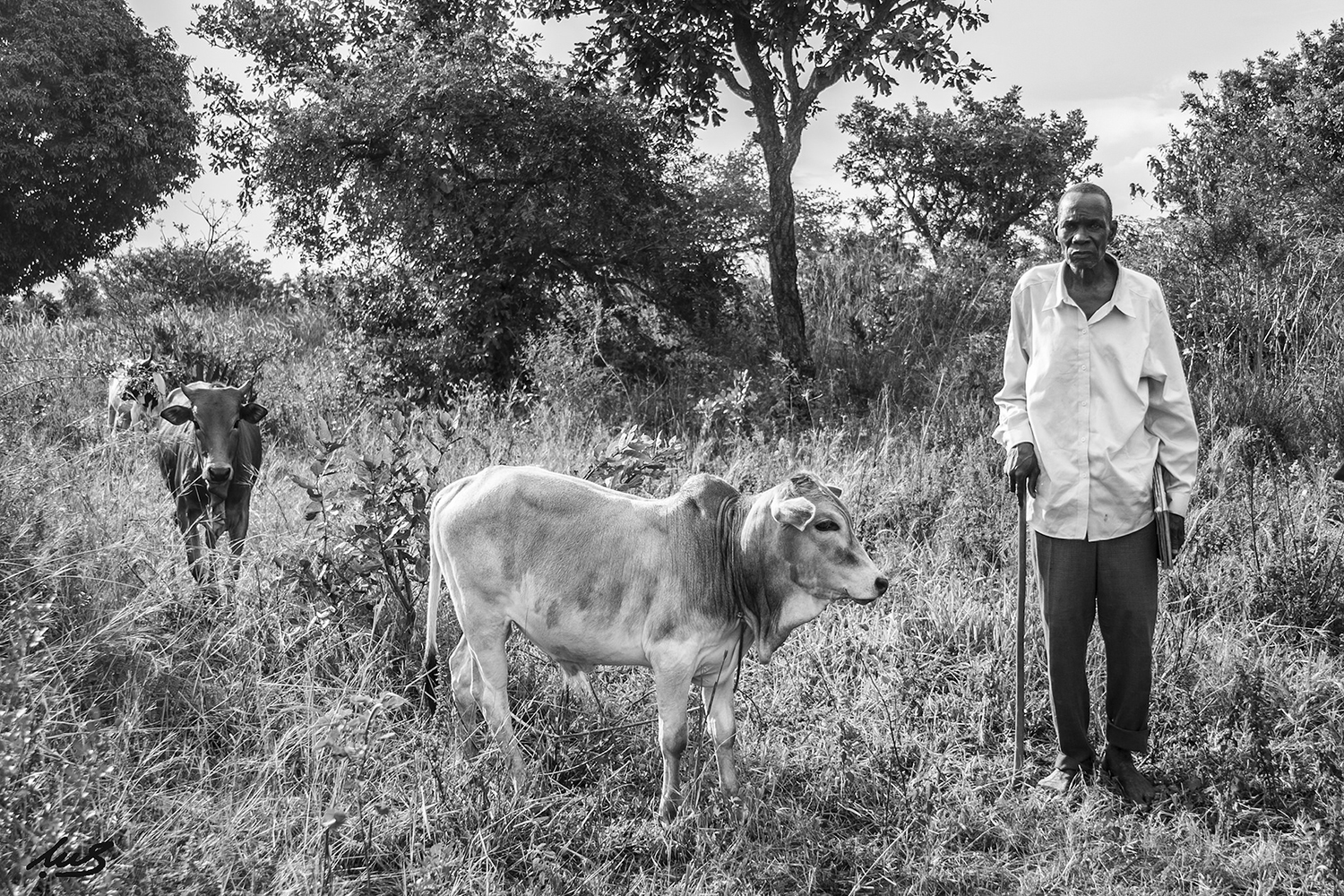Northern Uganda has endured protracted conflict and social unrest for decades. This has left communities in poverty and lacking crucial resources to expedite economic development in the region. In 2009, the World Bank supported funding for a massive development program, the Second Northern Uganda Social Action Project Fund (NUSAF2), to improve conditions in the region. With a loan of $133 million, the Ugandan government implemented thousands of small-scale and community-focused initiatives to bolster the building of critical infrastructure and advancement of projects in order to progress development in the region and improve socio-economic services and opportunities for its citizens. Nathan Fiala, an assistant professor in the Department of Agricultural and Resource Economics, has been working in Uganda since 2007. He suggested ways to improve the success of projects through citizen accountability. He tested his recommendations by conducting a large-scale experiment in over six hundred communities across the north of the country.
“I’ve spent two and a half years in Uganda over the last decade,” says Fiala. “I work directly with the Ugandan government, World Bank, the Department of International Development [DFID] and NGOs [non-government organizations] doing impact evaluation. This means that the government or organization running a program wants to know how it affects their participants and the reasons behind those outcomes. I’ve done this elsewhere in sub-Saharan Africa and Asia, but most of my work has been in Uganda and specifically focused on alleviating poverty. When I studied NUSAF, there were problems that I felt could be addressed.”
Despite its overall success in improving the quality of life for Ugandans, there were reports of government corruption and mismanagement under NUSAF, including embezzlement and inaction. Fiala suggested the government implement a social accountability training program that utilized citizen participation to mitigate malfeasance and enhance the return on investment for future projects. When the second iteration of the NUSAF program, NUSAF2, was launched by the Ugandan government, it presented Fiala an opportunity to conduct a study of the initiatives he suggested and determine the impact of his proposed measures.



